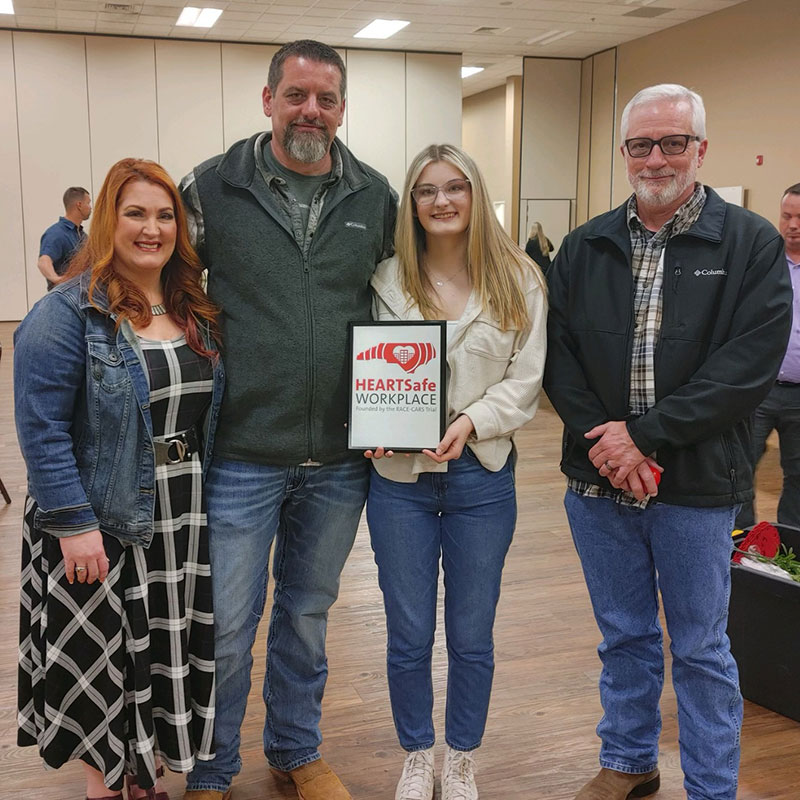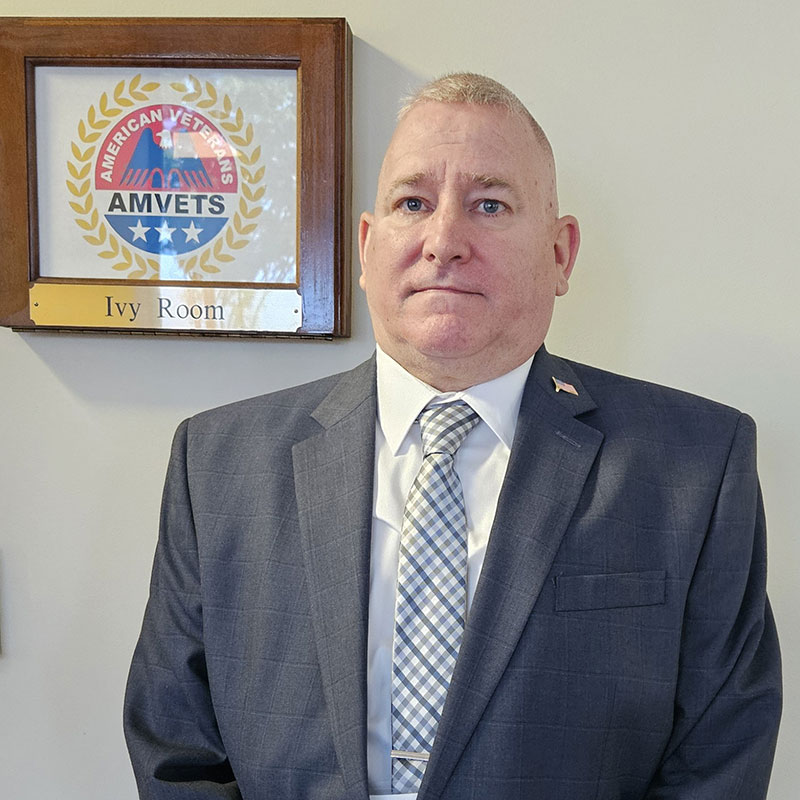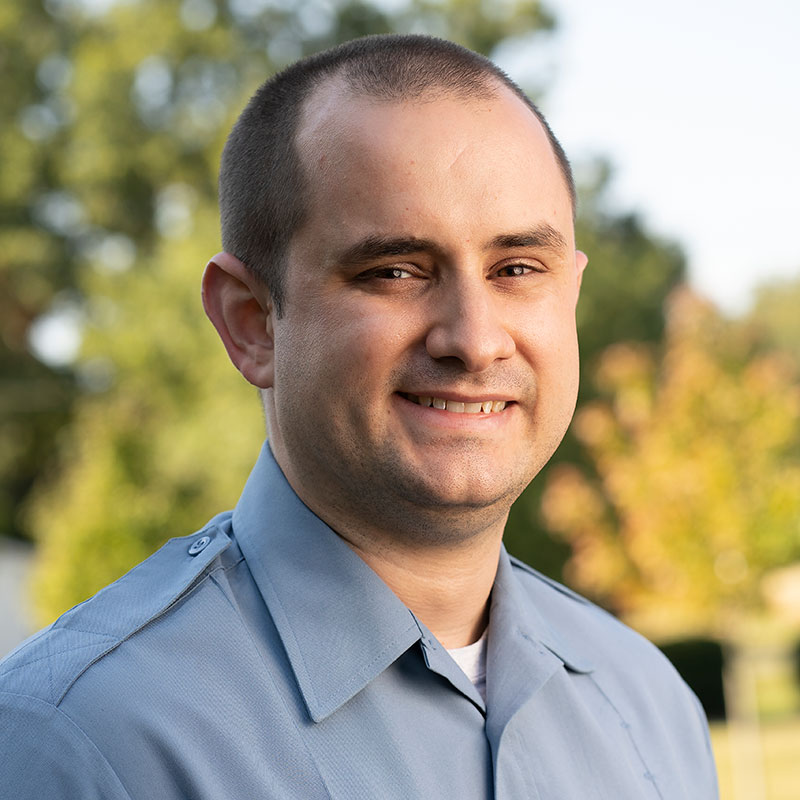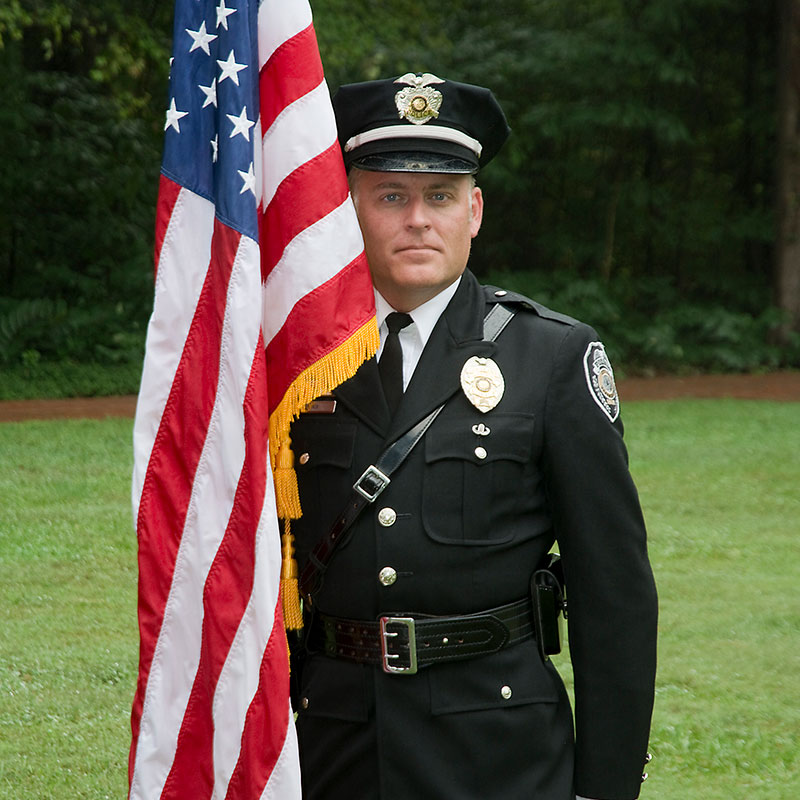Throughout our community, ordinary people perform extraordinary acts every day.
The Piedmont Triad area American Red Cross will honor these heroes.
For more information on this event, please email:
Sarah Chapman
sarah.chapman2@redcross.org
If so, please join us in honoring our community heroes by nominating someone who has done something extraordinary in your county. Throughout our community, ordinary people perform extraordinary acts every day. The Piedmont Triad Chapter of the American Red Cross needs your help in identifying and recognizing our local heroes.
The 2025 Salute to Heroes event will be held in the Piedmont Triad area in September 2025. All nominations must be received by May 9, 2025.
Hero nominees must live, work, or attend school in one of the following 11 counties: Alamance, Caswell, Davie, Davidson, Forsyth, Guilford, Randolph, Rockingham, Stokes, Surry, and Yadkin.
Nominations will be accepted for the following categories:
Citizen Hero
Emergency Communications
Emergency Medical Services
Fire Services
Law Enforcement
Active Military Personnel
Veteran Military Personnel
(Note: The American Red Cross reserves the right to potentially limit the number of team members honored at the awards ceremony due to seating limitations.)
Nominations must include the following:
Nomination forms must be received by April 30, 2025 to be considered eligible for our 2025 Salute to Heroes event. Award decisions will be based upon information provided in your nomination form. All nominations will be reviewed by the Salute to Heroes Selection Committee. The committee will be checking for the points referenced in the Nomination Process; therefore, please include as many details as possible. The committee may select one or more award recipient(s) or no recipients in any of the categories.
For questions regarding the nomination process or utilization of this form, please contact Sarah Chapman at sarah.chapman2@redcross.org.
Nominations must be received by May 9, 2025.









